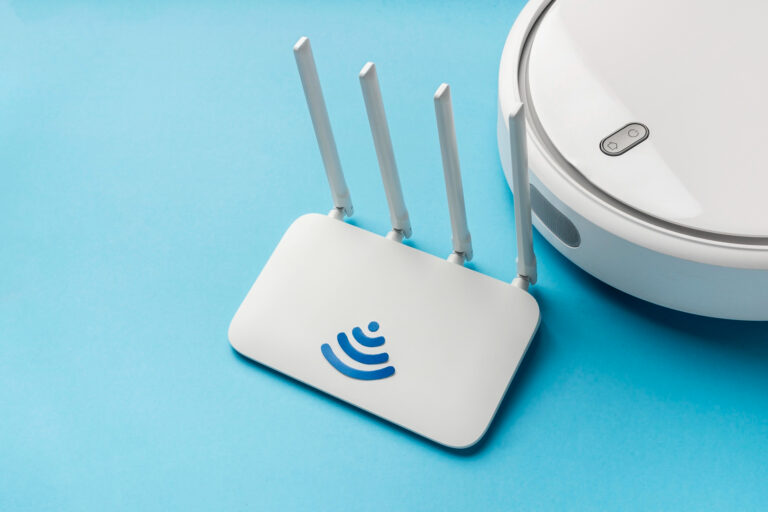
5G Rollout Speeds Up Digital Transformation
Malaysia’s 5G rollout is picking up pace, changing how citizens work, learn, and communicate. With increased coverage across major cities and towns, 5G now delivers ultra-low latency and lightning-fast speeds to smartphones, tablets, and IoT devices.
Businesses are benefiting from real-time communication and data access, while students enjoy smoother online classes. Healthcare is evolving too—teleconsultations and remote monitoring are now more feasible than ever. Malaysia’s Digital Nasional Berhad (DNB) targets 80% nationwide coverage by 2025, promising a more connected future for all.
Flexible Internet Plans Support Gig Workers and Freelancers
Malaysia’s growing gig economy—riders, designers, content creators, and digital marketers—relies on affordable, stable internet. Telecom companies have responded by launching flexible mobile and broadband packages tailored to independent workers.
YES, U Mobile, and Digi offer low-cost plans with unlimited data and hotspot features, perfect for on-the-go connectivity. Some providers even allow users to pause or switch plans easily, supporting the unpredictable income patterns of freelancers. With smart internet access, gig workers can hustle harder, smarter, and anywhere.
Smart Devices Are Boosting Malaysian Home Comfort
Gone are the days when smart home devices were a luxury. Today, smart TVs, air purifiers, robotic vacuums, and app-controlled lighting are found in middle-class homes across Malaysia.
These devices save time, reduce energy consumption, and improve indoor environments. Water purifiers with auto-cleaning systems and app notifications ensure clean drinking water for families. Thanks to bundle deals from internet providers, households can now upgrade to smarter living without breaking the bank.
Students and Parents Rely on Seamless Connectivity for Education
The pandemic highlighted the importance of internet access in education. Now, even post-lockdown, online learning remains essential—whether through YouTube tutorials, Zoom tuition classes, or digital classrooms.
Telcos like Unifi and CelcomDigi provide student-centric plans, offering affordable, stable connections. Meanwhile, government support like the Peranti Siswa initiative provides tablets and connectivity for underprivileged students. Parents can now monitor progress, access resources, and support learning like never before.
Telecom Advancements Are Driving Small Business Growth
Small and medium enterprises (SMEs) are the backbone of Malaysia’s economy—and they’re going digital fast. E-commerce, online payment systems, and cloud-based apps all depend on strong internet and reliable telecom services.
With fast connections and digital tools, businesses in even semi-rural areas can sell on Shopee, run social media campaigns, or manage logistics. Providers like Maxis Business and TM are now offering SME-specific solutions—bundling fiber internet with POS systems, cloud storage, and business phone lines.
This digital support is helping thousands of small business owners scale and compete on a national level.
Conclusion: A Smarter, Faster, More Connected Malaysia
From homes to businesses, students to entrepreneurs, Malaysians are living more connected lives than ever. With fast-growing 5G, smart home appliances, accessible internet plans, and digital education tools, the country is steadily transforming into a smarter, more inclusive society.
And this is just the beginning.


